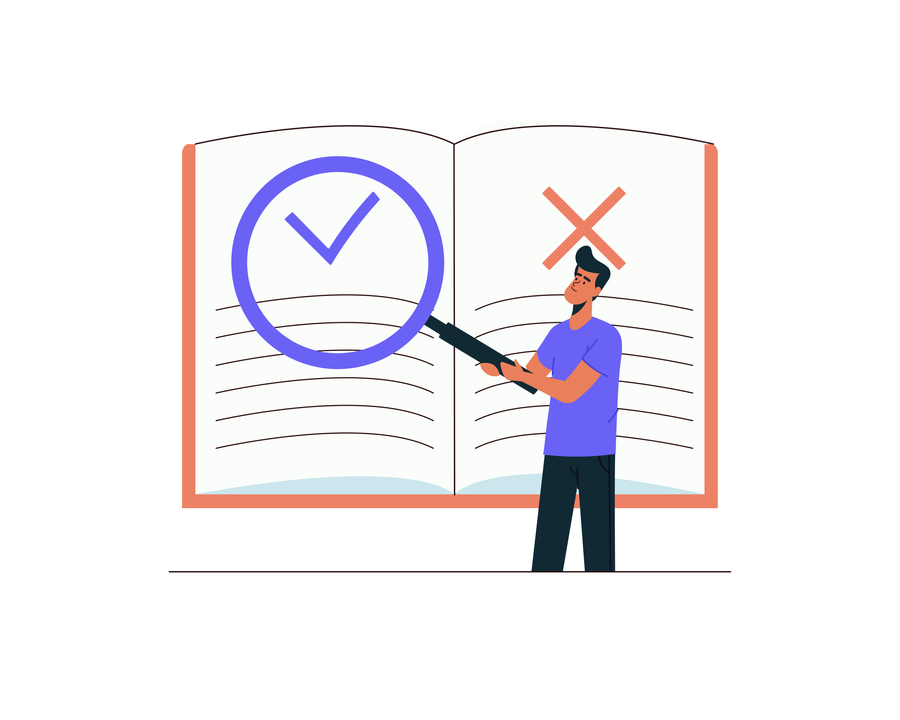Myth busting
~ 2 min read

Common misconceptions about narcolepsy/idiopathic hypersomnia and how to tackle them
Social life myths common! Let’s debunk a few.
Some of the more common myths that sleep doctors hear about narcolepsy and idiopathic hypersomnia include:
- You can’t drive, go to college, or have a job if you have narcolepsy or idiopathic hypersomnia.
False! When it comes to driving, it can be more of a chore to get a license than for an adolescent without narcolepsy or idiopathic hypersomnia, but it is certainly not impossible. There are no universally accepted standards of “fitness for driving” so this is a topic that you will want to bring up to your sleep doctor well before you plan to try to get your driver’s license. And research shows that rates of college attendance and full-time employment in patients with narcolepsy or idiopathic hypersomnia are very comparable to those without these sleep disorders. It is true that you may have to work a little harder (and sometimes a little smarter) than some of your classmates or co-workers to do as well in school or on the job, but you are likely to achieve just as much as someone without narcolepsy or idiopathic hypersomnia!
- Narcolepsy and idiopathic hypersomnia aren’t a real. Teenagers are just lazy.
This is a really frustrating myth. Many of the symptoms of these sleep disorders can appear like someone is lazy. However, this is the furthest from the truth! Adolescents with narcolepsy or idiopathic hypersomnia often desperately want to be able to stay awake and be productive, but simply are not able to. This is why it is so critical to be an advocate for your own sleep disorder. You (and your family) are likely to know more about narcolepsy or idiopathic hypersomnia than anyone in your life – and this can sometimes even include doctors who don’t specialize in sleep disorders. Helping to educate others about the basics of your sleep disorder can go a long way to having them understand that you are trying your best.